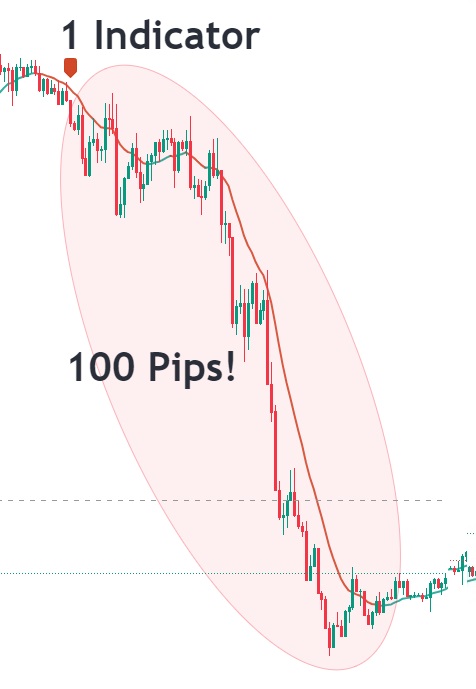| Block Gas Limit | Description |
|---|---|
| 25,000,000 | Typical block gas limit for Ethereum network |
2. Determine the Transaction Gas Cost
The transaction gas cost is the amount of gas required to process a single transaction. This value varies depending on the type of transaction and the amount of data being processed.
| Transaction Type | Gas Cost |
|---|---|
| Simple transfer | 21,000 gas |
| Smart contract execution | 100,000 gas |
3. Determine the Miner’s Fee Schedule
Miners typically follow a fee schedule that outlines the minimum fee required to process a transaction. The fee schedule is usually denominated in the native cryptocurrency.
| Fee Tier | Fee (in ETH) | Gas Price (in Gwei) |
|---|---|---|
| Low | 0.1 ETH | 20 Gwei |
| Medium | 0.5 ETH | 40 Gwei |
| High | 1 ETH | 80 Gwei |
4. Calculate the Priority Fee
The priority fee is calculated by multiplying the transaction gas cost by the miner’s fee schedule.
| Transaction Gas Cost | Fee Tier | Priority Fee (in ETH) |
|---|---|---|
| 21,000 gas | Low | 0.042 ETH (21,000 gas * 20 Gwei) |
| 100,000 gas | Medium | 0.2 ETH (100,000 gas * 40 Gwei) |
| 200,000 gas | High | 0.8 ETH (200,000 gas * 80 Gwei) |
Example Use Case:
Let’s say you’re trying to send 1 ETH to a friend on the Ethereum network. You want to ensure that the transaction is processed quickly, so you decide to pay a higher priority fee. Based on the calculation above, you would need to pay a priority fee of 0.042 ETH (21,000 gas * 20 Gwei) for a simple transfer transaction.
Tips for Optimizing Priority Fees:
- Use gas estimation tools to determine the optimal gas cost for your transaction.
- Consider using a gas auction to dynamically adjust the gas price and minimize costs.
- Pay attention to network congestion and adjust your priority fee accordingly.
Frequently Asked Questions:
Priority Fee Calculation Guide FAQ
Introduction
The Priority Fee is a crucial component in determining the priority of a transaction on a blockchain network. In this FAQ section, we will provide a comprehensive guide on calculating Priority Fees, addressing common questions and concerns.
What is a Priority Fee?
A Priority Fee is a fee paid by a user to prioritize their transaction over others on a blockchain network. It is calculated based on the gas price and gas limit of the transaction.
How is the Priority Fee calculated?
The Priority Fee is calculated using the following formula:
Priority Fee = (Gas Price x Gas Limit) / Gas Units
Where:
* Gas Price: The price of gas in the transaction (measured in Gwei or ETH)
* Gas Limit: The maximum amount of gas allowed for the transaction
* Gas Units: A unit of measurement for gas consumption (typically set by the blockchain network)
What is the Recommended Priority Fee?
The recommended Priority Fee varies depending on the blockchain network and current network congestion. A general guideline is to set the Priority Fee between 1-5 Gwei. However, this value can be adjusted based on the specific use case and network conditions.
What happens if I set a low Priority Fee?
If you set a low Priority Fee, your transaction may be delayed or not executed at all. This is because the transaction has a lower priority compared to others with higher fees. To avoid delays, it’s recommended to set a Priority Fee that is competitive with the current network conditions.
How does the Priority Fee affect the overall cost of the transaction?
The Priority Fee is an additional cost on top of the standard transaction fee. The total cost of the transaction is calculated as follows:
Total Cost = Base Fee + Priority Fee
Where:
* Base Fee: The standard fee for executing the transaction
* Priority Fee: The additional fee for prioritizing the transaction
Can I adjust the Priority Fee after the transaction is sent?
No, once the transaction is sent, the Priority Fee cannot be adjusted. It’s essential to set the correct Priority Fee before submitting the transaction.
Where can I find the current recommended Priority Fee?
You can find the current recommended Priority Fee on the blockchain network’s website or by checking with a blockchain explorer. Some popular blockchain explorers include Etherscan, Blockchair, and Ethplorer.


